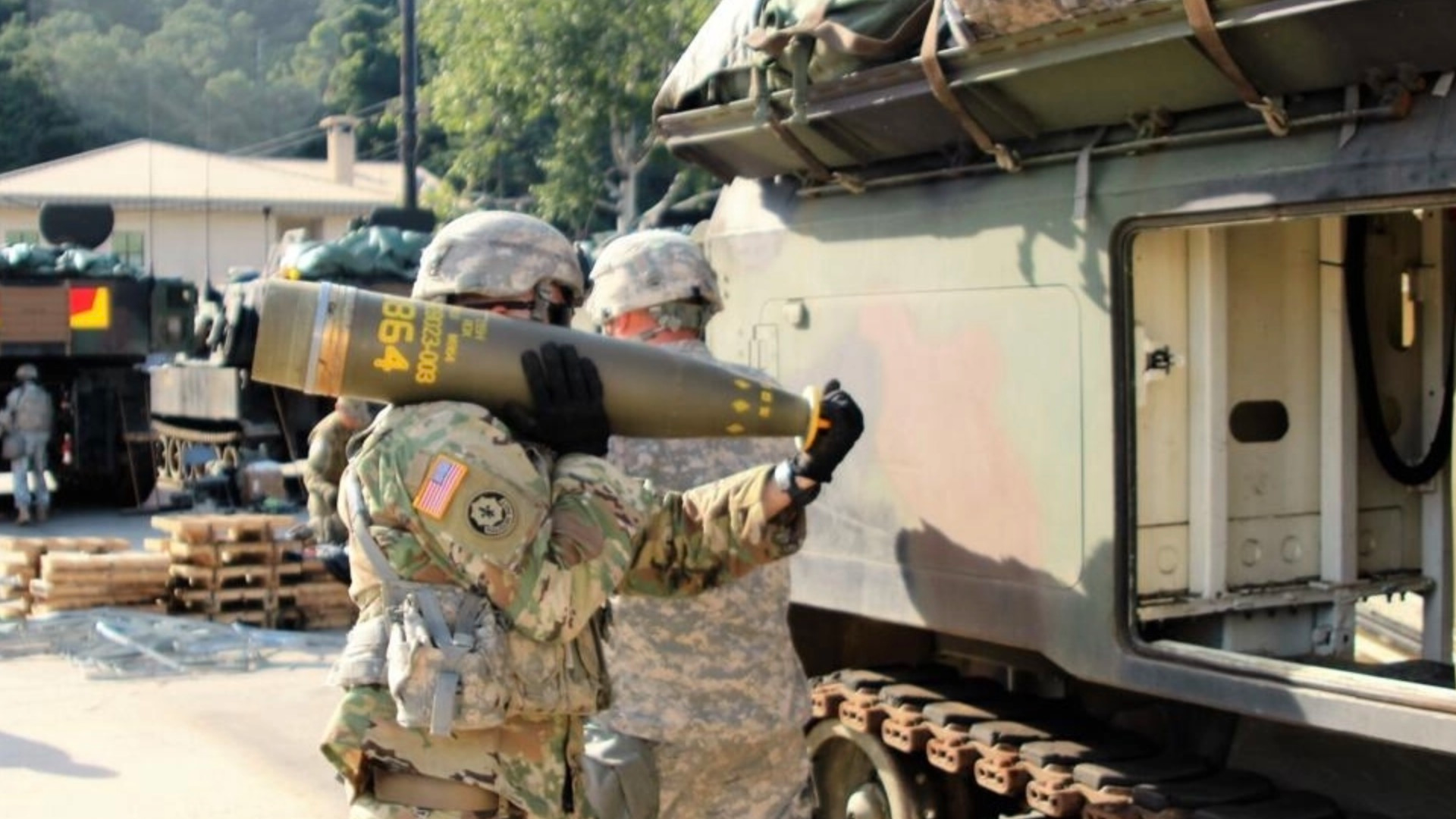
Pentagon spokesman U.S. Air Force Brigadier General Patrick Ryder speaks during a media briefing at the Pentagon in Washington, D.C., U.S., July 6, 2023. /AP
Pentagon spokesman U.S. Air Force Brigadier General Patrick Ryder speaks during a media briefing at the Pentagon in Washington, D.C., U.S., July 6, 2023. /AP
Several countries and international organizations have opposed Washington's plan to provide Kyiv with cluster munitions, widely denouncing them for the danger the unexploded bombs pose to civilian life.
Human rights organizations oppose the move, and German Foreign Minister Annalena Baerbock said Germany, as one of 111 states party to the Convention on Cluster Munitions (CCM), does as well.
Cluster bombs should not be sent to help Ukraine, Spanish Defense Minister Margarita Robles said on Saturday. "Spain, based on the firm commitment it has with Ukraine, also has a firm commitment that certain weapons and bombs cannot be delivered under any circumstances," she said.
The UK is also determined to honor this commitment as a "signatory to a convention which prohibits the production or use of cluster munitions and discourages their use," Prime Minister Rishi Sunak said on Saturday.
UN Secretary-General Antonio Guterres does not want to see the continued use of cluster munitions, said Farhan Haq, his deputy spokesman. He supports the CCM, and wants countries to abide by the terms of that convention, said Haq.
Each cluster bomb can contain hundreds of smaller explosives that spread across a targeted area, but not all these bomblets detonate on impact. The unexploded bombs, known as duds, can remain embedded in the ground for years, posing a severe danger to civilians, most notably children.

A file photo of a U.S. soldier carrying a Base Burn dual-purpose improved conventional munition round during an exercise in 2016. /AFP
A file photo of a U.S. soldier carrying a Base Burn dual-purpose improved conventional munition round during an exercise in 2016. /AFP
Cambodia still underwent pain from U.S. cluster munitions dropped in the Southeast Asian country half a century ago, the country's Prime Minister Samdech Techo Hun Sen said on Sunday.
"Cambodia has suffered painful experience from cluster bombs dropped by the United States in the early 1970s," he said in a message released on his official Telegram channel.
"Until now, it has been more than half a century, but (we) have not found a way to destroy all of them yet," he said. "It will be the worst danger for the Ukrainians for decades or even centuries if those cluster bombs are used."
Washington has agreed to provide more than $42 billion in military aid to Kyiv since the February 2022 Russia-Ukraine conflict began.
(With input from agencies)